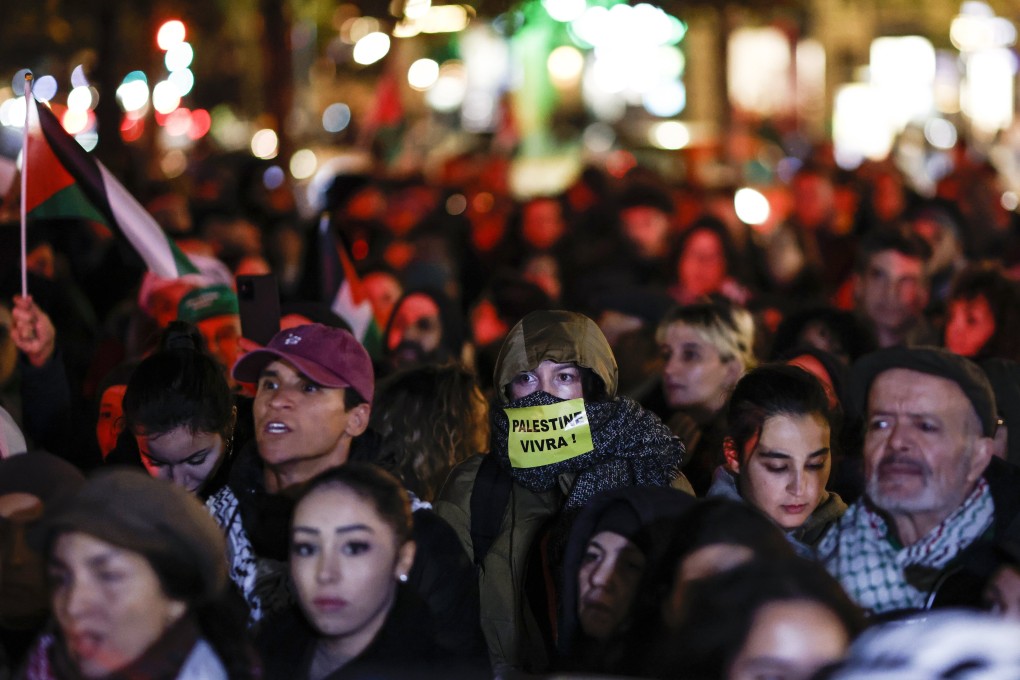Opinion | Ukraine and Gaza wars have put the West in the dock of public opinion
- The West’s unqualified support for Ukraine and Israel has lost it the support of the rest of the world and arguably hurt its moral standing

What is the West? It is a world that essentially comprises the US-led North America, Europe and Australasia, including Japan. It accounts for 63 per cent of the world economy, three-quarters of world trade, over half of global energy consumption and 18 per cent of the world population, if we use the Organisation for Economic Cooperation and Development (OECD) as a crude proxy.
The Western world sees itself as a paragon of civilisational progress and modernity, whereas the rest, namely, the East and the Global South, are much more diverse in culture, ethnicity and civilisational identity.
Only five countries voted against it, with 35 abstaining and 12 not voting at all. But in terms of population, nearly 60 per cent of people in the world lived in countries that did not vote for the resolution.
